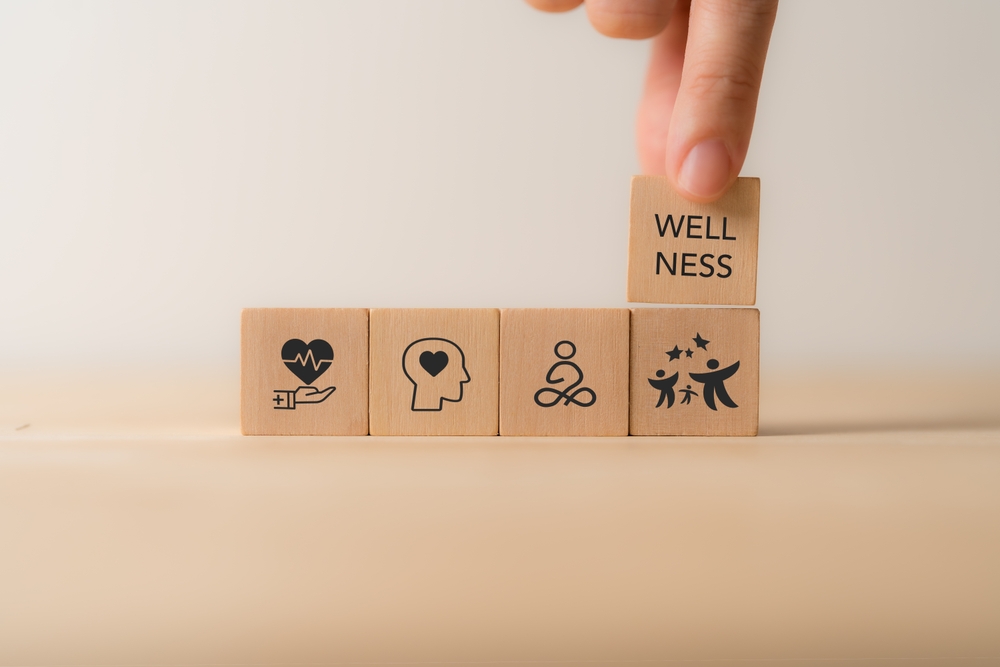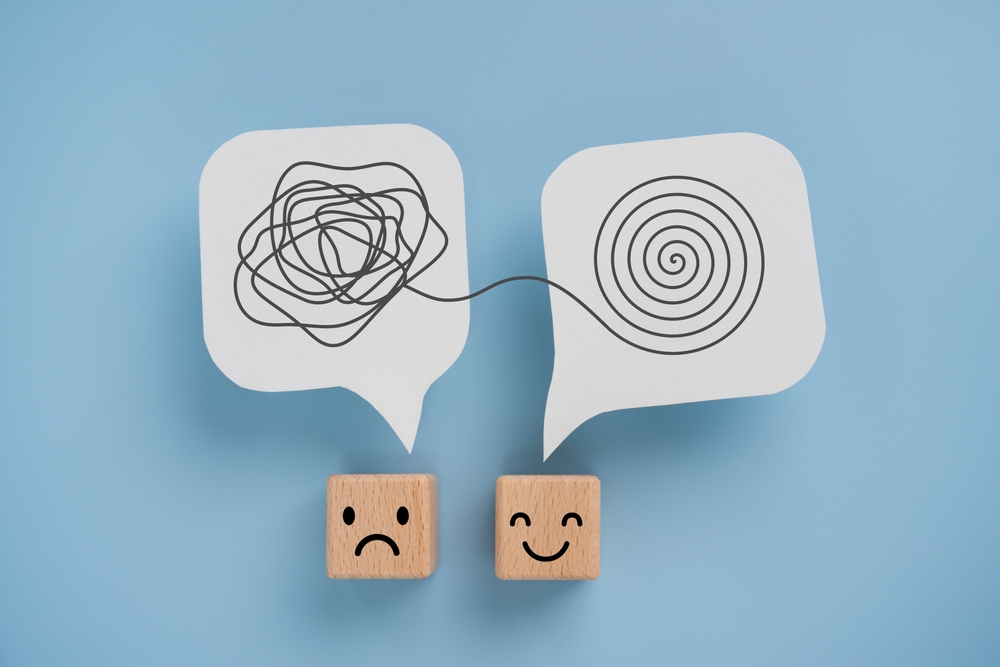Mental health is a deeply personal and sensitive subject. Each individual’s experience is unique, and it’s important to approach the topic with compassion, respect, and care. This blog aims to shed light on various types of mental disorders, not to label or judge, but to promote awareness and empathy. If you or someone you know is struggling, please know that support is available.
What Are Mental Disorders?
Mental disorders, also known as mental health conditions, are health issues that affect a person’s thoughts, emotions, behavior, and overall functioning. These conditions can disrupt daily life, relationships, and work, but with the right help and understanding, recovery and management are entirely possible.
Mental disorders can arise due to a variety of factors such as genetics, environment, trauma, chemical imbalances, or long-term stress. It’s important to recognize that experiencing a mental disorder is not a sign of weakness—it’s a medical condition, just like diabetes or hypertension.
Common Types of Mental Disorders
There are many kinds of mental health conditions. Here are some of the most commonly known types:
1. Anxiety Disorders
Anxiety is a normal response to stress, but for some people, it becomes overwhelming and persistent. Anxiety disorders include:
- Generalized Anxiety Disorder (GAD)
- Panic Disorder
- Social Anxiety Disorder
- Specific Phobias
These disorders can cause intense fear, restlessness, rapid heartbeat, and difficulty concentrating.
2. Mood Disorders
Mood disorders primarily affect a person’s emotional state. They can lead to prolonged feelings of sadness or extreme mood swings. Examples include:
- Depression (Major Depressive Disorder)
- Bipolar Disorder
- Persistent Depressive Disorder (Dysthymia)
These conditions can make it difficult to enjoy life or carry out day-to-day responsibilities.
3. Obsessive-Compulsive and Related Disorders
These involve intrusive thoughts (obsessions) and repetitive behaviors (compulsions). Common conditions are:
- Obsessive-Compulsive Disorder (OCD)
- Body Dysmorphic Disorder
- Hoarding Disorder
The distress from these conditions can be deeply frustrating, yet they are treatable with therapy and support.

4. Psychotic Disorders
These disorders affect a person’s thinking and perception. The most well-known is:
- Schizophrenia
Symptoms may include hallucinations (seeing or hearing things that aren’t there) and delusions (false beliefs).
5. Eating Disorders
These involve severe disturbances in eating behavior and related thoughts and emotions. They include:
- Anorexia Nervosa
- Bulimia Nervosa
- Binge-Eating Disorder
These disorders are complex and often rooted in deep emotional distress.
6. Personality Disorders
Personality disorders affect how a person thinks, feels, and behaves in ways that deviate from cultural expectations. Some types include:
- Borderline Personality Disorder
- Antisocial Personality Disorder
- Narcissistic Personality Disorder
Support and therapy can help individuals manage and lead fulfilling lives.
7. Neurodevelopmental Disorders
Often diagnosed in childhood, these affect brain development and can impact learning and behavior. Examples include:
- Autism Spectrum Disorder (ASD)
- Attention-Deficit/Hyperactivity Disorder (ADHD)
- Learning Disabilities
Early intervention can make a significant positive difference.
Seeking Help Is a Strength
Recognizing that you need help is a brave and vital step. Mental health professionals such as psychologists, psychiatrists, and counselors are trained to provide support and develop treatment plans that can include therapy, medication, or lifestyle changes.
If you or someone you care about needs support, don’t hesitate to reach out to us. We are here to listen and guide you towards the help you deserve.
Trusted Indian Resources
For more information, guidance, or support, you may find the following Indian organizations helpful:
- NIMHANS – National Institute of Mental Health and Neurosciences: A premier mental health institution in India offering treatment, training, and research.
- Vandrevala Foundation Mental Health Helpline: A dedicated helpline and support network for mental health across India.
Final Thoughts
Understanding mental disorders is the first step toward creating a more compassionate and informed society. Everyone deserves support and kindness, no matter what they are going through. Let us all contribute to breaking the stigma, one conversation at a time.
Remember, you are not alone—and help is always available. If you or someone you know could benefit from guidance, please don’t hesitate to get in touch with us. You deserve to be heard, understood, and supported.

